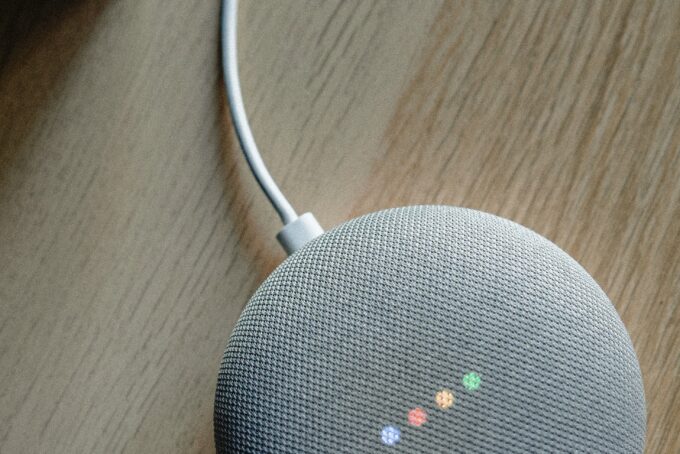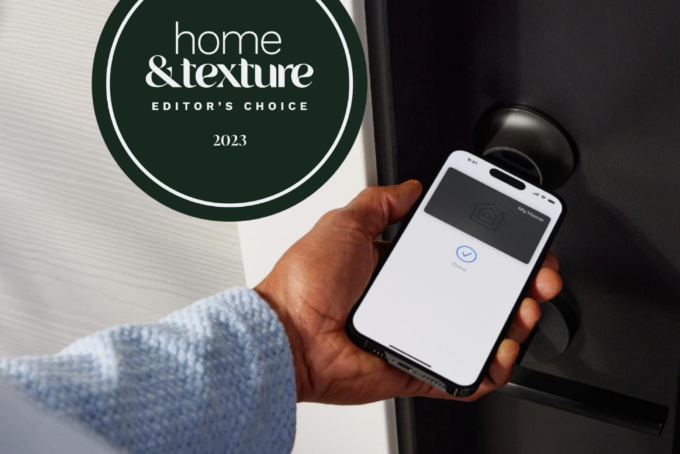Studies show that 18-34 year olds love their smart homes and smart appliances. These appliances, which can control lighting, temperature, and entertainment systems are on everyone’s radars. They not only make things convenient for people who do most of their shopping and entertainment on smart phones these days, but they are also said to be good for the environment. With a greater sense of energy efficiency, people can use these devices to lower the carbon footprint and help reduce some aspects of climate change. However, are there risks involved with using and living in a smart home? Users agree that their top reasons for owning smart home devices includes enhancing home security and overall lifestyle convenience. While security and convenience are strong motivators, consider these frequent issues in smart homes before rushing out to buy the latest gadgets.
Vulnerability is a Frequent Issue with Smart Home Devices
Smart appliances and homes are part of a larger segment in technology known as the Internet of Things (IoT). This simply refers to devices that are constantly connected to the internet, and in turn, connected with one another. These connections mean that security has to be a top concern for users. It has been suggested that in an average week, up to 12,000 hacking attempts are made on smart home devices, completely unknown to homeowners. That means that anyone with an internet connection, anywhere in the world, could access the home through any single compromised device and put the entire home network at risk of being infiltrated.
What is the best way to prevent such attacks? First, ensure that any smart home device is up to date regarding its firmware and operating system. Ensuring that software stays up to date with the latest security patches is an easy process. Once connected to the internet, run an update before doing anything else.
In addition to running updates on firmware and software, using a unique password for each device is essential for security. Make sure that the password pre-installed on the device is updated to something new, and also make sure that no two devices use the same password. With most smart homes having 7-8 smart products, that can be a lot of passwords to keep track of! A password manager may come in handy as well.
Operability is a Frequent Issue in Smart Home Devices
Difficulty in general operation of devices is another issue. Controlling smart homes with cell phone apps is a convenience. That is, until the cell phone is misplaced or broken. This might make it difficult to operate those so-called “smart” devices. For this reason, it’s a good choice to go with appliances that have physical controls on the device as well.
Internet outages should also be of concern to those considering smart home products. If an internet connection is interrupted, smart houses can become “dumber” than gadget-free ones in a split second. Lights may no longer turn on, the thermostat might not be adjustable, and even the home security alarm might turn off and on.
Another issue that may interfere with operability? Power outages. Although smart homes have backup solutions like batteries or generators, they are not always immune to disruptions in the electrical supply. During a power outage, certain smart devices may cease to function. When that happens the ability to control or monitor smart home devices remotely is impacted.
Protecting Personal Data is a Recurring Issue of Smart Home Devices
Speaking of monitoring, there’s a good chance that those smart gadgets are “spying” on the various activities taking place inside the home. In some instances, this data collection is a functional necessity of the product. However, data is extremely valuable to companies like Google and Meta, who could feasibly sell information to 3rd parties (Cambridge Analytica memories)! To avoid this, pay special attention to those terms and conditions when installing devices. There is usually an opt-out button to push online at the registration page, which is another good reason to always register products.
Compatibility is a Frequent Issue with Smart Home Devices
Another issue affecting smart home appliances, is their compatibility with other IoT products in the home. This means that the products themselves cannot always connect to or communicate with one another. Devices today can often use different configurations and network protocols, such as Wifi, Bluetooth, Zigbee, and Z-wave. Trying to add a new device, therefore, could be a headache-inducing ordeal, as the need to download a new app and learn yet another interface can be tiring.
Smart devices are not always “future proof.” Today’s top-of-the-line innovation, much like computers and cellphones, can quickly become obsolete in a short period of time. When future devices and platforms are introduced, they might not be compatible. Make sure that when expanding smart home collections that the devices chosen adhere to widely supported industry standards and open protocols. Modular systems are one way to provide adaptability and flexibility as your needs change. Modular platforms utilize a wide range of compatible devices.
When considering purchasing a smart home or upgrading a present home, just make sure that when it comes to smart devices, the so-called “cure” isn’t worse than the disease. If security and convenience are among the reasons for wanting to use IoT products, remember that a lost cell phone, a forgotten password, or an interrupted network connection will be an inconvenience that just doesn’t come with “gadget-free” traditional homes. As for security, the ability to monitor the home from anywhere in the world is certainly advantageous. However, personal monitoring can also be a downfall of smart devices. Whether vulnerability to cyber attacks, or personal data being exploited by companies for advertising purposes, it’s just not possible to ensure control over who else might be monitoring what goes on in smart homes.
Remember, the security and convenience of smart homes can come with a cost. Only the homeowner can answer the question, “Is it worth the risk?”
popular posts
Home

Thinking of Going Nomadic? These Are the Pros and Cons of Van Life
by Melody Beuzelin | January 5, 2024
Spaces
Whether it’s luxury or ease, every area of your home should be as fabulous and unique as you.

Make Living at Home Easier with These Amazon Smart Gadgets
by Karina Young | August 14, 2023
How Smart Home Technology Is Impacting 2024 Design Trends
by Kelsey Marie | December 12, 2023
This App-Controlled Smart Lock is the Best Tech I've Tried This Year
by Savannah West | December 20, 2023
FOLLOW ALONG ON INSTAGRAM
#homeandtexture
Find us on social for more home inspiration where culture, personal style, and sophisticated shopping intersect to help you create a home where you love to live.





